


On World Cancer Day, actress Sonali Bendre, who battled cancer in 2018, talks about the importance of early detection and praises the government's Ayushman Bharat initiative for breaking financial barriers and providing accessible and affordable healthcare for cancer patients. Filmmaker-writer Tahira Kashyap and actor Emraan Hashmi also commended the Ayushman Bharat and Pradhan Mantri Jan Arogya Yojana (PMJAY) for making cancer treatment accessible regardless of financial background, on this international day aimed at reducing preventable suffering from cancer.
World Cancer Day: Raising Awareness and Breaking Barriers
World Cancer Day, observed annually on February 4th, aims to raise awareness about the impact of cancer worldwide and promote its prevention, detection, and treatment. This year, the day sheds light on the importance of early detection and the role of affordable healthcare in combating the disease.
Early Detection and the Ayushman Bharat Initiative
Early detection of cancer is crucial for effective treatment and improved survival rates. Actress Sonali Bendre, who battled cancer in 2018, stressed this point on World Cancer Day. She lauded the government's Ayushman Bharat initiative, a national health insurance scheme, for eliminating financial barriers to cancer care and making it accessible for all.
The Ayushman Bharat scheme provides financial coverage of up to 5 lakh rupees per family per year for hospitalization and treatment, including cancer treatment. This has been instrumental in breaking down the financial burden associated with cancer care and ensuring that patients have timely and affordable access to the necessary healthcare.
Commendation from Tahira Kashyap and Emraan Hashmi
Filmmaker-writer Tahira Kashyap and actor Emraan Hashmi also praised the Ayushman Bharat and Pradhan Mantri Jan Arogya Yojana (PMJAY) for making cancer treatment accessible regardless of financial background. These initiatives have removed socioeconomic disparities in accessing healthcare and have empowered cancer patients to seek the best possible care.
FAQs Related to World Cancer Day
Q1: What is the theme of World Cancer Day 2023? A1: Close the Care Gap. The day focuses on bridging the gap in cancer care between different populations and regions.
Q2: What are the common types of cancer in India? A2: Breast, cervical, lung, and colorectal cancer are among the most prevalent cancer types in India.
Q3: How can early detection improve cancer outcomes? A3: Early detection through regular screenings, self-examinations, and awareness of symptoms can significantly increase the likelihood of successful treatment and reduce the risk of advanced stages.
Q4: What are the risk factors for cancer? A4: Smoking, excessive alcohol consumption, poor diet, obesity, and certain genetic mutations can increase the risk of developing cancer.
Q5: What can we do to prevent cancer? A5: Maintaining a healthy weight, engaging in regular physical activity, quitting smoking, and limiting alcohol intake are effective measures to reduce the risk of cancer. Additionally, vaccination against HPV and hepatitis B can prevent certain cancer types.
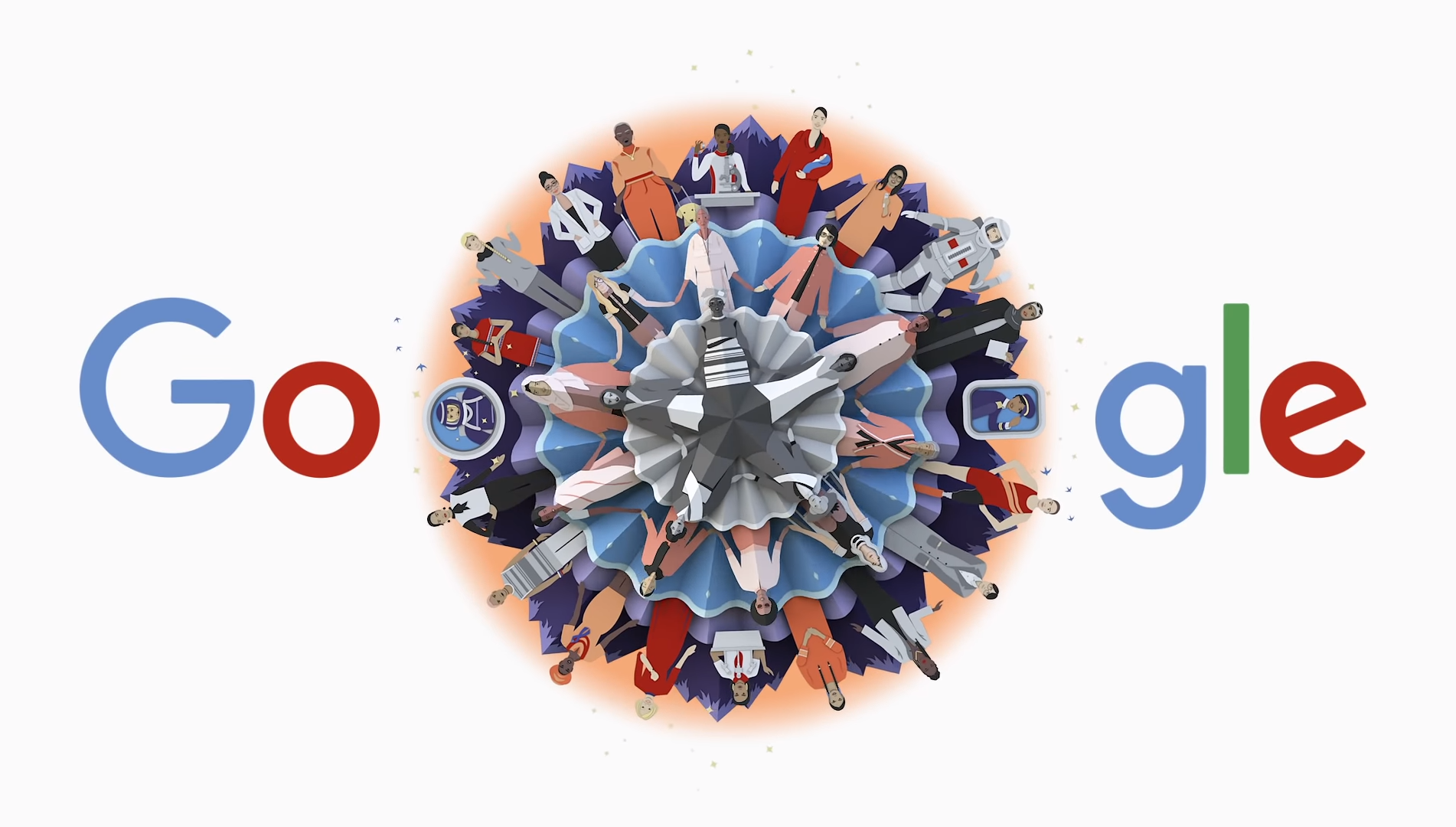
In honor of International Women's Day 2025, Google dedicated a special doodle to celebrate the contributions of women in STEM fields. Despite progress towards gender equality, women continue to remain underrepresented in STEM, making up just 29% of the global workforce. The doodle highlights the groundbreaking achievements of women in space exploration, ancient discoveries, and lab research, while also emphasizing the importance of recognizing and supporting women in STEM. This International Women's Day serves as a reminder of the countless ways in which women have shaped and continue to shape the world through their contributions to science and technology.

A new study analyzing data from prestigious institutions like Harvard and Yale challenges common perceptions about the religious makeup of American college students. Contrary to popular belief, the study found that the biggest divide in religious behavior is not between elite and non-elite institutions, but between political ideologies. The study also found that there are minimal religious differences between selective and non-selective schools, with the main exceptions being higher percentages of Christian and Jewish students at non-selective schools. This study sheds light on the complex relationship between religion and education in the United States.

This article discusses the importance of proper diet planning during the month of Ramadan for sustained energy levels and stable blood sugar levels. It highlights the need to incorporate complex carbohydrates, protein-rich foods, healthy fats, and hydrating foods into suhoor and iftar meals. Tips for breaking the fast wisely and healthy snacking options are also provided. Additionally, the article emphasizes the importance of hydration and suggests incorporating infused water options for digestion and hydration.
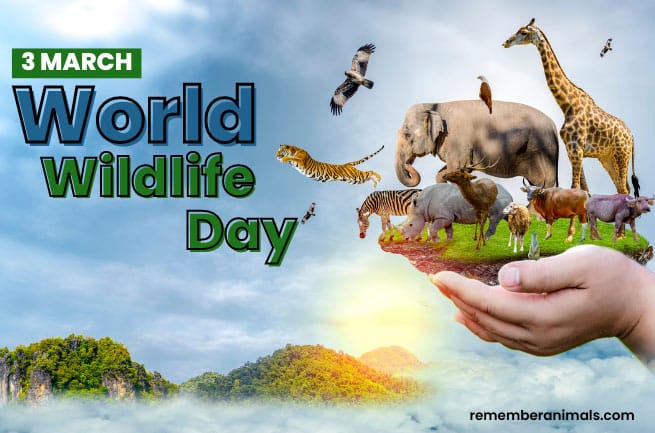
March 3 is observed as World Wildlife Day every year to bring attention to the importance of protecting endangered species. This year's theme, 'Wildlife Conservation Finance: Investing in People and Planet', highlights the need for sustainable measures to protect our diverse wildlife. The United Nations General Assembly declared this day in 2013, coinciding with the signing of the Convention on International Trade in Endangered Species of Wild Fauna and Flora (CITES). This international agreement, with 185 parties, aims to regulate and control the trade of endangered species to ensure their survival. Three appendices list the species under different categories based on their level of protection needed, with stricter rules for Appendix I species such as the Indian star tortoise.

India celebrates National Science Day every year on February 28 to honor the discovery of the Raman Effect by Sir C.V. Raman. The theme for this year's celebration, "Advancing Science for a Sustainable Future," highlights the role of scientific research in tackling global issues and encourages discussion on technological advancements. By promoting scientific awareness and inspiring the next generation of scientists and innovators, National Science Day strengthens India's commitment to scientific excellence and sustainable progress.
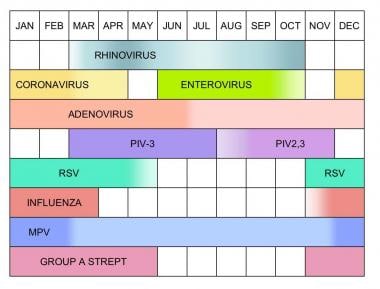
As the seasons change, our bodies are exposed to fluctuating temperatures and humidity levels that can weaken our immune systems and make us more susceptible to respiratory infections. These shifts in weather can create the ideal conditions for viruses to thrive and spread, leading to common illnesses like colds, coughs, and viral fevers. With insights from Dr Meenakshi Jain, a Senior Director of Internal Medicine, we explore how these seasonal changes affect our health and what steps we can take to protect ourselves. From boosting our immunity through diet and exercise, to practicing good hygiene and getting vaccinated, these preventative measures can help us stay healthy during seasonal transitions.
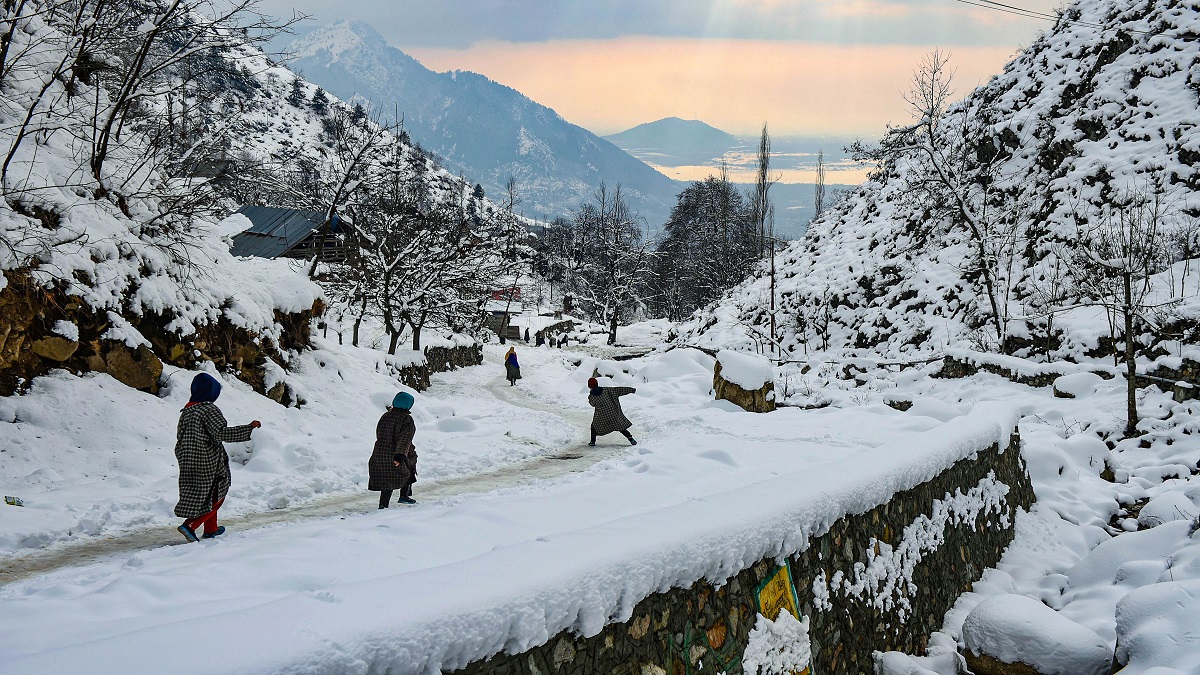
On the recent National Science Day, we commemorate the discovery of the Raman Effect and celebrate the contributions of scientists like Dr. Chandrasekhara Venkata Raman. To uphold the spirit of innovation, here are some inspiring quotes that continue to motivate scientists, students, and enthusiasts. Meanwhile in Srinagar, a cold wave and light snowfall have hit Jammu and Kashmir, reminding us of the wonders of nature.

India celebrates National Science Day on February 28 every year in honor of Sir CV Raman's groundbreaking discovery of the Raman Effect in 1928, which revolutionized the field of physics and earned him the Nobel Prize. This year, the theme is ‘Empowering Indian Youth for Global Leadership in Science & Innovation for Viksit Bharat’, highlighting the importance of science and innovation in India's development. The first National Science Day was celebrated in 1987, and since then it has become an important occasion to acknowledge the contributions of Indian scientists in various fields.
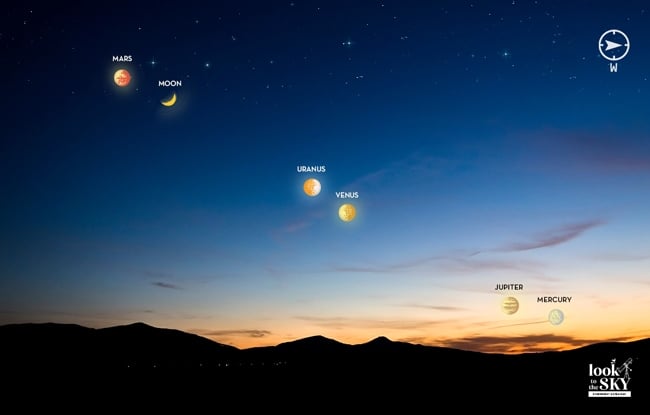
Skywatchers are in for a celestial treat this week as seven planets - Mars, Jupiter, Uranus, Venus, Neptune, Mercury, and Saturn - will be visible in the evening sky. This phenomenon, known as a 'planetary parade', will offer a rare chance to see all seven planets at once until 2040. While four planets will be visible to the naked eye, a telescope will be needed to spot the other two. With a narrow window of just a few minutes after sunset to view them, clear skies and a good vantage point on the horizon will offer the best opportunity to witness this spectacular event.

Discover the key to Finland's success in education - research. At the University of Helsinki, our researchers are leading the way in developing innovative teaching methods and policies, based on decades of multidisciplinary research into learning, growth, and human development. From teacher education to sustainability, our research is shaping the future of education for all ages. Join us in our mission to create an equal and sustainable education system through fearless innovation and collaboration.